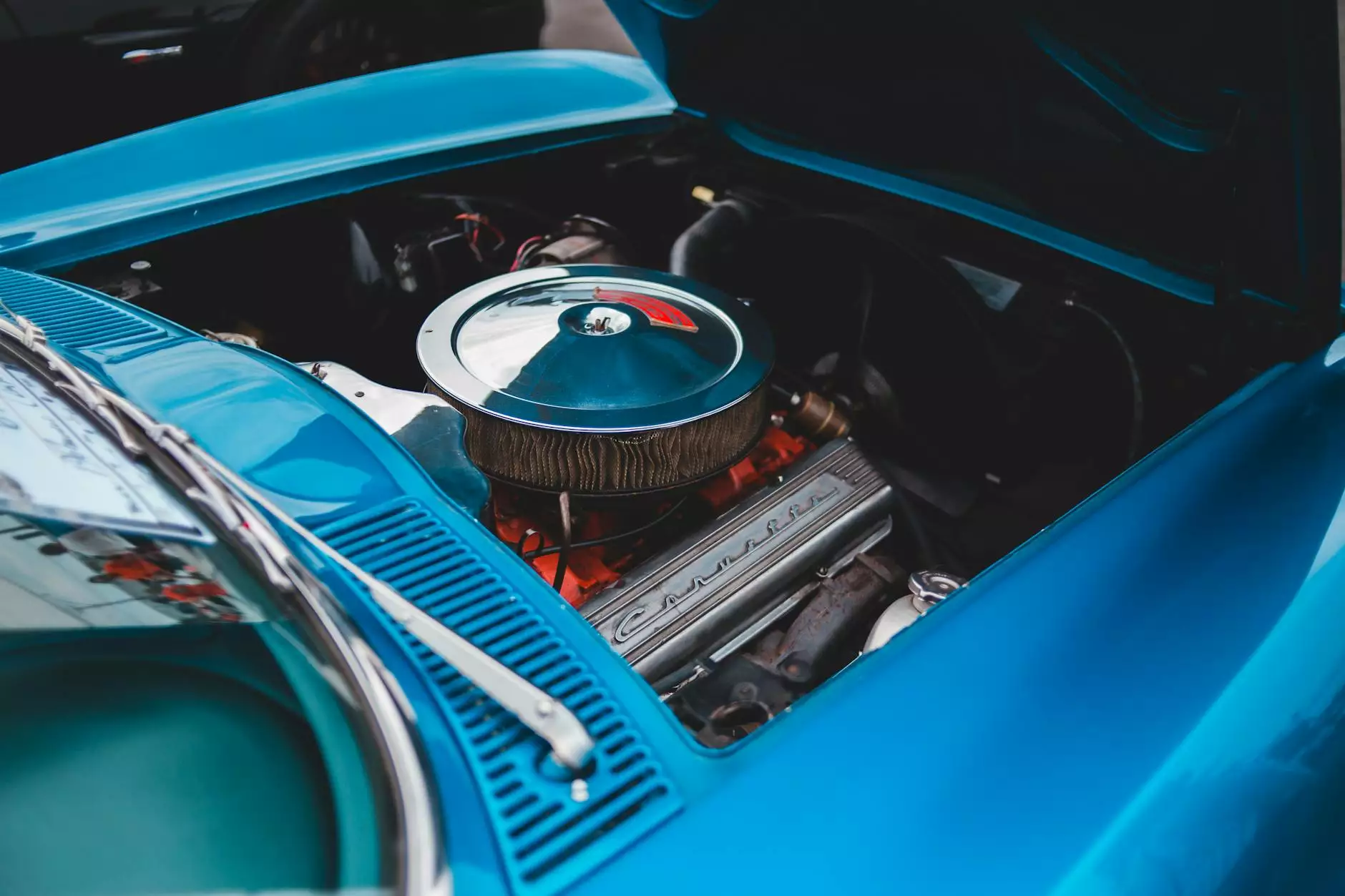Understanding the Role of Crankshaft Manufacturers in Diesel Engines

The crankshaft is a crucial component of diesel engines, working tirelessly to convert the linear motion of the pistons into rotational motion, which ultimately drives the engine. The importance of crankshaft manufacturers cannot be understated in this complex mechanism that powers various diesel engines used in vehicles, machinery, and marine applications. In this article, we will delve into the intricate world of crankshaft manufacturing, its significant impact on engine performance, and how high-quality crankshafts enhance the longevity and efficiency of diesel engines.
The Anatomy of a Crankshaft
Before we discuss the importance of crankshaft manufacturers, it's essential to understand what a crankshaft is and how it functions within a diesel engine. A typical crankshaft consists of several key parts:
- Crankpins: These are the points where the connecting rods attach to the crankshaft, converting the vertical motion of the pistons into a rotating motion.
- Main Journal: This part of the crankshaft rotates within bearings maintaining its position and ensuring smooth operation.
- Counterweights: Counterweights balance the crankshaft and minimize vibrations, providing stability during operation.
- Crankshaft Flange: This part connects to the flywheel or torque converter, transferring power to the vehicle or machinery.
The precise engineering of these components is pivotal for achieving optimal engine performance. Discrepancies in the design or manufacturing process can lead to engine malfunctions and a decrease in efficiency.
Why Quality Matters: The Role of Crankshaft Manufacturers
The role of crankshaft manufacturers extends beyond just fabricating the component. They ensure that the crankshaft is produced with superior materials and advanced technology, which are vital for the following reasons:
1. Durability and Longevity
A high-quality crankshaft is built to withstand the immense forces and stresses within a diesel engine. The best manufacturers use high-strength steel or forged materials to enhance the durability of the crankshaft, which directly impacts the lifespan of the engine.
2. Precision Engineering
The precision in machining that reputable crankshaft manufacturers employ helps ensure that the crankshaft maintains tight tolerances. This precision is crucial for the correct alignment of the engine components, which leads to smoother operation and reduced wear.
3. Vibrational Stability
A well-manufactured crankshaft incorporates counterweights that balance the forces generated during operation. This balance minimizes vibrations and reduces the likelihood of engine component fatigue, which can lead to costly repairs.
4. Performance Optimization
Quality crankshafts can significantly boost engine performance. With precise engineering, they can contribute to better combustion efficiency, which translates to enhanced power output and fuel economy.
Choosing the Right Crankshaft Manufacturer
When selecting a crankshaft manufacturer, several factors should be taken into consideration:
- Experience and Expertise: Look for manufacturers with a proven track record in the industry. Their experience often correlates with the quality of their products.
- Material Quality: Verify that they use high-grade materials that enhance durability and performance.
- Manufacturing Processes: Research the technologies and processes used in production, such as CNC machining and forging, which guarantee precision.
- Quality Assurance: Check if the manufacturer adheres to stringent quality control measures to ensure that every crankshaft fulfills industry standards.
- Customer Support: Reliable manufacturers provide excellent customer service, assisting clients with inquiries and product support.
The Benefits of Partnering with Reputable Crankshaft Manufacturers
Collaborating with esteemed crankshaft manufacturers can yield numerous advantages for businesses in the diesel engine parts industry:
- Cost Efficiency: Durable crankshafts reduce the frequency of replacements and repairs, leading to significant cost savings over time.
- Enhanced Reputation: Supplying high-quality engine parts contributes to a solid reputation in the market, attracting more customers.
- Innovation: Partnering with innovative manufacturers provides access to the latest advancements in crankshaft technology, keeping your offerings competitive.
- Customization: Many leading manufacturers offer customization options, allowing businesses to cater to specific client needs and specifications.
Current Trends in Crankshaft Manufacturing
The landscape of crankshaft manufacturing is continuously evolving, driven by technological advancements and changing market demands. Here are some current trends:
1. Sustainable Practices
As industries move towards sustainability, many crankshaft manufacturers are focusing on reducing waste and implementing eco-friendly practices in their production lines.
2. Advanced Materials
Innovations in materials science have led to the development of lighter and stronger materials that improve overall engine performance while reducing emissions.
3. Automation and Smart Manufacturing
The integration of robotics and smart manufacturing processes allows for greater efficiency, precision, and cost-effectiveness in crankshaft production.
Conclusion: The Future of Crankshaft Manufacturing in Diesel Engines
In conclusion, the role of crankshaft manufacturers is integral to the performance and longevity of diesel engines. Companies like Client Diesel recognize the importance of sourcing high-quality crankshafts that enhance engine efficiency and reliability. As we move forward, the focus on innovation, sustainability, and precision in manufacturing will determine the next steps in the crankshaft and broader diesel engine parts industry.
By prioritizing quality in crankshaft production, businesses can help ensure the robustness of diesel engines while contributing to a more sustainable and efficient future in the automotive sector.



